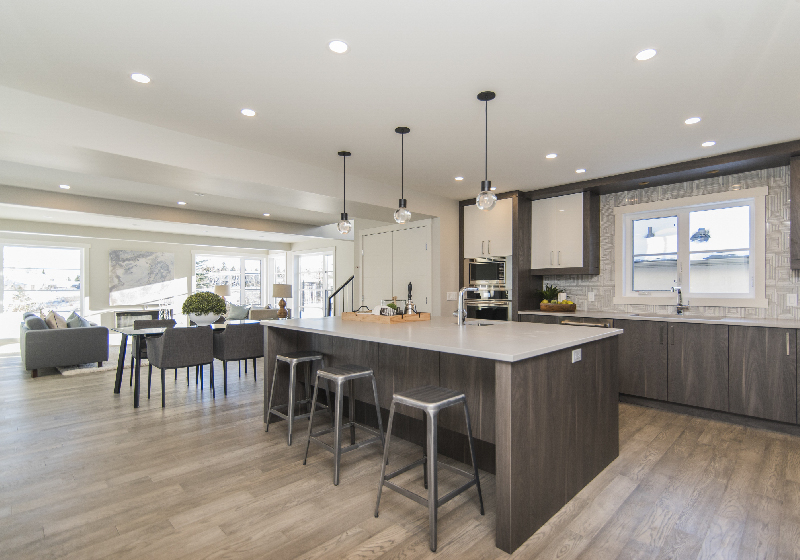By Jon McCreath, NPI, Inc.’s Technical Supervisor & Training Administrator
Flipped homes are becoming more and more common on the housing market. Nearly 6 percent of all home sales in 2020 were from flipped homes, with many counties and states seeing continued increases. It comes as no surprise with the popularity of home remodeling shows and flipping becoming a popular choice for people looking for additional income. But they can oftentimes be troublesome for you and your clients.
Flips Fraught with Issues
Like professionally constructed homes, flips can have a variety of issues. Some of the most common involve structural defects, faults in the plumbing or HVAC systems, insect infestations, and improper wiring or other repairs. All of these can lead to a buyer racking up thousands of dollars in repairs on top of their already expensive purchase. Usually, first-timer flips have more problems, but rushed remodels are also notorious for flaws. As a flip project goes on, the investor will start losing money and might cut corners to try and break even. This comes at the expense of a future buyer.
Legal Gray Areas
Along with rushing a job, some flips may not have all the right paperwork. While trying to upgrade a property, it’s not unusual for a flipper to not have all the permits in order. Doing your research on a property can make you more aware of potential renovations that a buyer should check. Remember that it’s not your responsibility to pull the permit history, but you can recommend someone else examine them. Your client will be better educated about their potential purchase and able to stay safe.
Clear Up Misconceptions
With flips, there can be the misunderstanding that everything is fixed to standard. However, you know as an inspector that this isn’t the case. There will always be issues with any home, be it old, new, or even recently fixed up. Clarifying this point with your client will get you all on the same page and manage their expectations.
Cover Yourself
With any inspection, it’s important that you have yourself covered. Having your inspection agreement signed will help shield you in case a client has a complaint. You might even want to include a section detailing that the property has undergone recent renovations. This will again reiterate to your client that they should be prepared for problems to be shown on your final report. And of course make sure that your insurance is up-to-date.
Do Your Job
As complicated as a flip inspection can be, the best thing you can do is give your best service. Properly document everything you see in your report, and take photos of your findings as well. A quality report is always the best way to protect yourself and your client. Going over your report and properly explaining it will give your clients the information they need to make a decision. Just remember to not rush and to take your time. The better job you do, the happier your client will be!



